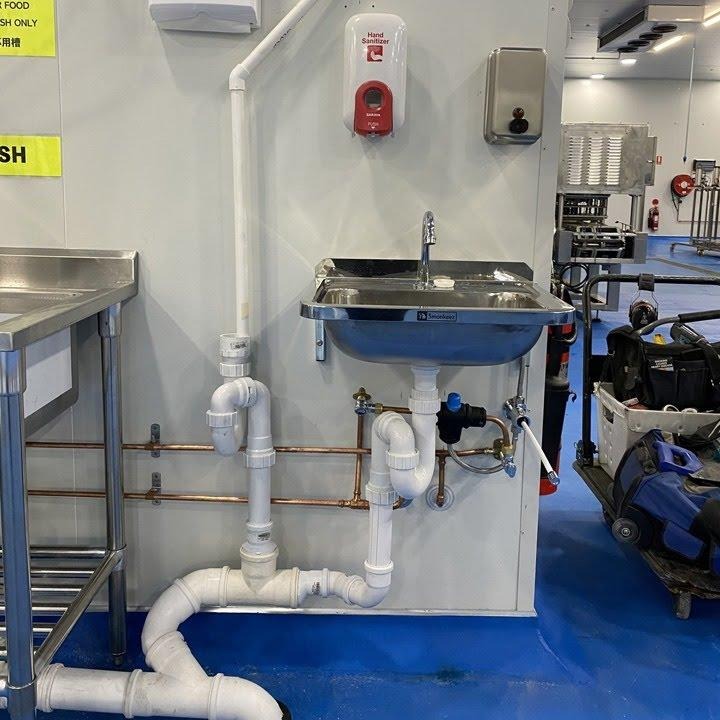The US Department of Veterans Affairs recently approved its 29 millionth home loan. This is a remarkable achievement for a government agency tasked with assisting veterans, service members, and eligible relatives to own their own homes. The VA is a power player in helping eligible members of the military (and eligible surviving spouses) own their own homes.
As an indispensable element in this regard, the VA provides guarantees for home loans and additional housing programs to make it easier for veterans to own their own homes, adapt homes for personal occupancy, retain, repair, build, or purchase real estate. Thanks to government backing, VA lenders can provide clear pathways to homeownership, making it much easier for their clientele.
The first step in the process is to confirm VA loan eligibility. The US Department of Veterans Affairs is the government department that issues this document. With this piece of paper in hand and all the required credentials, applicants can fast-track their homeownership application.
Benefits of VA Home Loans
The current economic climate plays an important part when comparing VA home loans and traditional mortgage loans. Presently, the mortgage industry faces high interest rates, limited supply, and strong demand. However, persistent inflation and the high costs of real estate make it difficult for new homeowners to enter the market.
Based on up-to-date Zillow sample data, 30-year fixed rates hover around 5.990%, with an APR of 6.173%. A 30-year FHA loan currently averages 5.875%, with an APR of 6.553%. When points are included, additional costs are incurred. For example, a 30-year fixed-rate loan has the following points/cost ratio: 1.938 ($5329.50).
These rates vary by loan type. The interest rates on VA loans are comparable to those on traditional mortgages. Sometimes, they’re lower depending on the lender. However, the big plus of VA loans is that the path to homeownership is much easier.
*Source: Zillow Mortgage Rates
What About Credit Scores & Tax Returns
While credit scores are prominent in loan applications, they are slightly less important for VA loans. High credit numbers typically score borrowers points when it comes to loan terms and conditions. However, VA lenders understand that service members may not have high credit scores due to their service in the military. As such, acceptable scores may be lower, and proof of income is used to ensure that a loan can be serviced with an acceptable debt-to-income ratio.
Traditional loans require extensive paperwork. The process is exhausting and full of bureaucratic red tape. Lenders typically require several years’ worth of tax returns, months of bank statements, and proof of seasoned funds for the down payment. While a good paper trail is always encouraged, it’s also worth noting that veterans may not have access to all the paperwork required by a traditional mortgage application.
Recall that earlier in our discussion, a specific document is needed: the COE. This is known as a Certificate of Eligibility to apply for a VA home loan. It is a government-issued document that veterans, service members, and eligible family members must present to the lender. Once VA loan eligibility is confirmed, the process moves forward.
Mortgage points, also called discount points, are fees a buyer pays to a lender when a mortgage is closed. These fees are paid to lower the mortgage interest rate. Each point usually costs one percent of the loan amount. The more points you pay down, the lower your monthly payments over the term of the loan. With a traditional loan, you are expected to make a down payment. This can range from 2% to 20% of the mortgage amount. At 20%, there is no PMI (Private Mortgage Insurance), so the loan costs less.
With a VA loan, points are not required because no down payment is required. This makes it much easier for eligible borrowers to own their own home. One of the biggest obstacles to home ownership today is the down payment to avoid PMI. Many first-time homebuyers simply can’t come up with the required capital outlay to avoid all the long-term expenses through interest-related payments. Importantly, VA loans do not require down payments. This is largely thanks to partial government guarantees on these loans.
VA loans are also ethically motivated. There is a sense of societal appreciation associated with the issuance and approval of VA loans. Since vets put everything on the line for their country, it’s only fitting that their country makes the American dream of homeownership possible.




Want to add a comment?